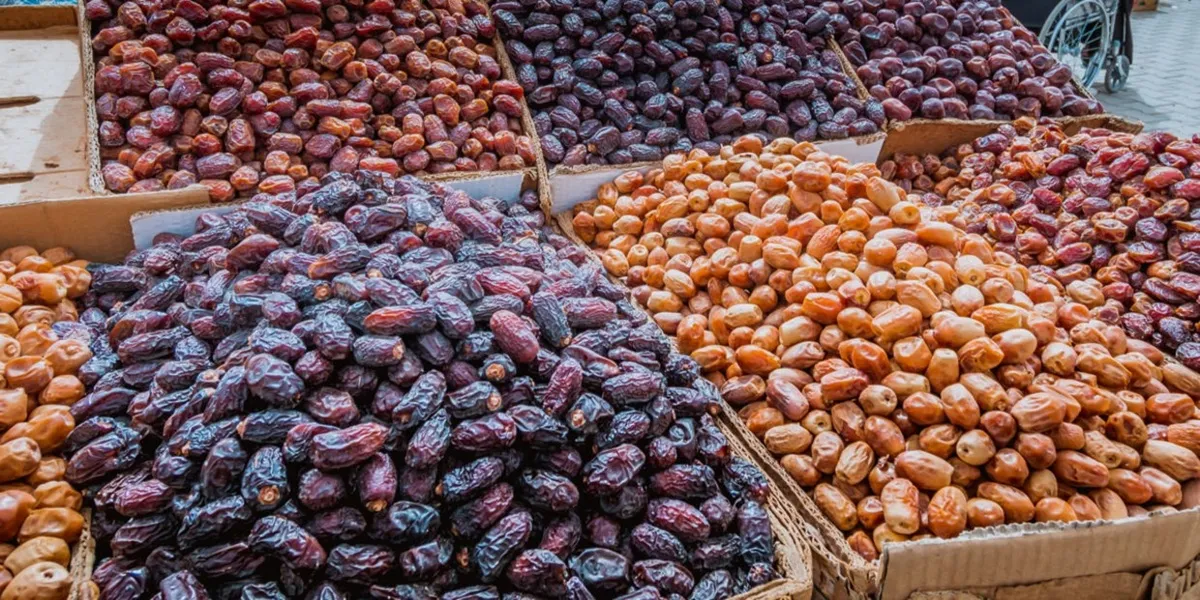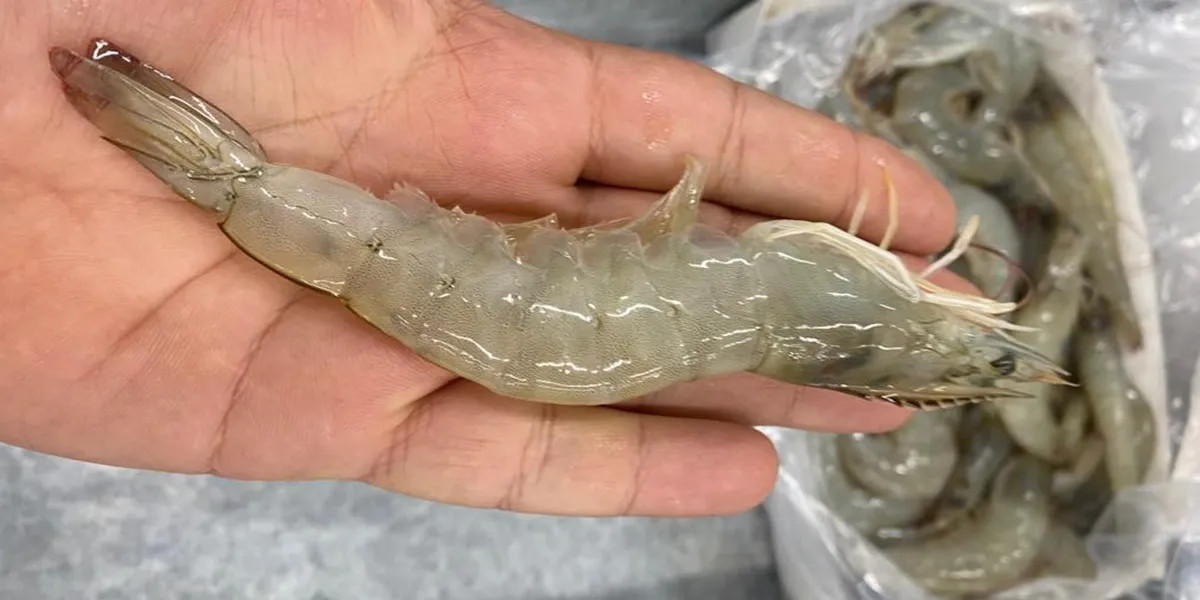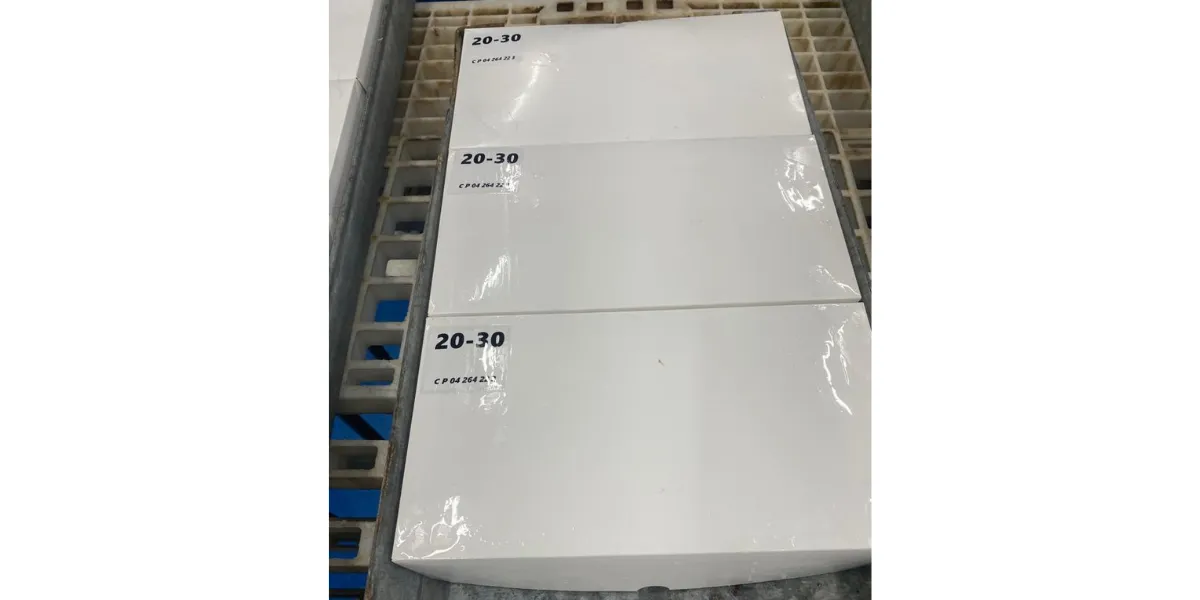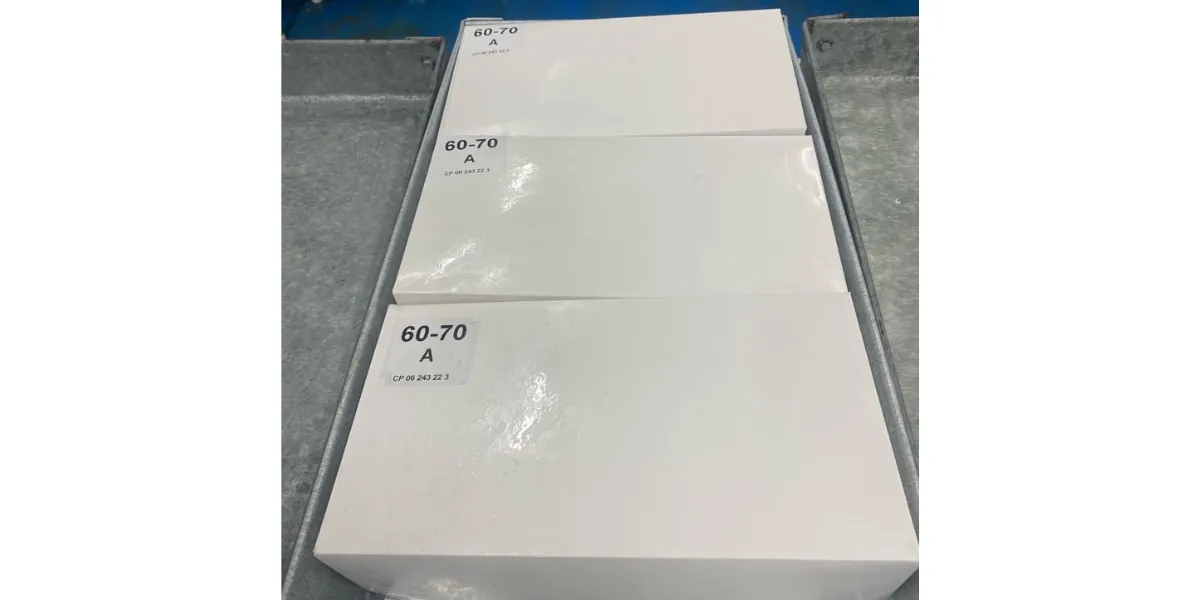Few fruits match the richness, heritage, and health impact of Iranian dates. Grown in the sun-soaked regions of Iran, these natural treasures are more than just a sweet treat — they’re packed with nutrients, antioxidants, and cultural significance. Whether you’re exploring Mazafati’s soft, moist texture or the chewy depth of Piarom, each variety offers its own unique nutritional profile and culinary versatility.
Iran is home to over 400 varieties of dates, but only a handful are globally recognized for their exceptional quality and export potential. From digestive support to natural energy boosts, the Health benefits of dates make them a favorite among health-conscious consumers and chefs alike. As awareness of clean, plant-based nutrition grows, Iranian dates are increasingly used in smoothies, energy bars, desserts, and wellness snacks.
In this article, you’ll discover the key types of Iranian dates and learn how each one contributes to better health. Whether you’re a food importer, a nutrition enthusiast, or a curious consumer, there’s something valuable for you here.
Keep reading to explore the world of Iranian dates — where ancient tradition meets modern wellness.
Why Sourcing Dates from Iran Matters: Global Demand Meets Local Excellence
Iran holds a top position in the global date export market, known not only for volume but also for premium quality and diverse varieties. Buyers across Europe, Asia, and the Middle East turn to Iranian suppliers for consistent quality, competitive pricing, and sustainable farming practices. Iranian dates are cultivated in ideal climatic conditions, which naturally boost flavor, texture, and nutritional value. These dates are rich in dietary fiber, potassium, and antioxidants, aligning with increasing global awareness of the health benefits of dates. From natural sweeteners in health foods to energizing snacks, demand for Iranian dates is expanding in both retail and food processing sectors. Iranian suppliers are also adapting to global expectations by improving packaging, certifications, and customer service. When sourcing from Iran, buyers tap into centuries of agricultural expertise, region-specific varietals like Mazafati and Piarom, and a growing infrastructure for global trade. This makes Iran not just a source—but a strategic partner in the global date supply chain.
Key Varieties to Know Before You Buy: From Mazafati to Piarom
Before placing any bulk order, understanding the different types of Iranian dates is essential. Each variety serves a unique purpose in terms of taste, moisture content, and shelf life. For instance, Mazafati is a soft, juicy date ideal for direct consumption, often compared favorably in the Iranian dates vs Medjool dates debate due to its rich texture and naturally sweet flavor. Piarom, on the other hand, is a semi-dry date with a caramel-like aftertaste, perfect for export thanks to its long shelf life. Sayer dates from Khuzestan are especially popular in Europe due to their balanced sugar levels and low moisture, making them ideal for industrial use. Buyers should consider their end-use when selecting a variety: retail, confectionery, or processing. Some dates perform better in high-moisture climates, while others remain shelf-stable under long shipping conditions. A deep understanding of varietal differences ensures the right match between product features and market needs, reducing waste and increasing buyer satisfaction.
What Makes a Supplier Truly “Reliable”? Red Flags and Green Lights
Finding a truly reliable date supplier in Iran requires more than just comparing prices. A dependable partner offers consistent product quality, on-time delivery, and full transparency across the production and shipping processes. Iranian Dates should be sorted, packaged, and stored under hygienic, certified conditions. Key green lights include: documented export history, customer references, multilingual communication, and up-to-date certifications such as ISO22000 or HACCP. On the other hand, red flags include vague answers about origin, lack of sample quality consistency, and unwillingness to sign detailed contracts. A trustworthy supplier will be open to video calls, factory tours (in person or virtual), and third-party inspections. They’ll also offer realistic timelines, flexible payment terms, and customized packaging options based on your destination market. In a competitive market flooded with brokers, distinguishing between genuine producers and intermediaries is critical. Look for suppliers who invest in their facilities, staff training, and long-term relationships. Reliability isn’t about promises—it’s proven by performance over time.
Certifications That Matter in International Trade: Don’t Skip the Paperwork
In the world of food exports, documentation can make or break a shipment. Global buyers should never overlook the importance of proper certifications, especially when dealing with perishable items like dates. For Iranian date varieties such as Mazafati, Piarom, or Sayer, compliance with international standards is crucial for customs clearance and food safety approval. Key certifications include ISO22000 (food safety management), HACCP (hazard control), Global GAP (good agricultural practices), and phytosanitary certificates confirming freedom from pests and disease. Organic certification is also increasingly requested, particularly in European and North American markets. Without these documents, shipments risk delays, fines, or outright rejection. Reputable suppliers understand regional requirements and will proactively provide compliant documentation with every order. For instance, UAE buyers may prioritize halal and date-of-harvest records, while EU customers demand allergen declarations and pesticide residue testing. In a high-stakes export environment, reliable paperwork is as important as the product itself.
Packaging Standards for Export: How Top Suppliers Preserve Freshness
Export packaging plays a crucial role in maintaining the quality, safety, and presentation of dates during international shipping. The best Iranian suppliers understand that packaging isn’t just about aesthetics—it’s about preservation, compliance, and brand integrity. For bulk orders, suppliers often use 5 kg or 10 kg corrugated boxes with polyethylene liners, which protect against humidity and microbial contamination. For retail-ready products, vacuum-sealed packs or nitrogen-flushed pouches are common, extending shelf life and preserving natural sweetness. Proper labeling is equally essential, including country of origin, expiration date, batch number, and nutritional facts. Exporters must also adhere to destination-specific packaging laws, especially for markets like the EU and Japan. Leading suppliers invest in automated packaging lines, tamper-proof seals, and recyclable materials to meet environmental standards. By offering customizable, food-grade, and temperature-stable packaging, they minimize spoilage and maximize consumer satisfaction. Choosing a supplier with high packaging standards ensures that the product arrives fresh, clean, and market-ready—no matter the distance.
Quality Control in Date Processing: Hygiene, Grading, and Sorting
Ensuring the quality of dates is paramount in the export industry. Quality control encompasses hygiene, grading, and sorting processes that maintain the integrity of the product. Hygiene involves strict adherence to cleanliness standards during harvesting, processing, and packaging to prevent contamination. Grading categorizes dates based on size, color, texture, and moisture content, ensuring uniformity and meeting market standards. Sorting, often done manually or with specialized equipment, removes defective or inferior dates, ensuring only premium products reach consumers. Implementing these quality control measures not only complies with international food safety regulations but also enhances customer satisfaction and trust.
MOQ, Lead Time & Pricing Transparency: What to Clarify in Advance
Before finalizing a purchase, it’s crucial to understand the supplier’s Minimum Order Quantity (MOQ), lead times, and pricing structure. MOQ refers to the smallest quantity a supplier is willing to sell, which affects inventory and budgeting decisions. Lead time, the period between order placement and delivery, impacts supply chain planning. Transparent pricing, including any additional costs like shipping or taxes, prevents unexpected expenses. Clarifying these aspects ensures alignment between buyer expectations and supplier capabilities, fostering a smooth transaction and long-term partnership.
Site Visits, Video Calls, and Third-Party Audits: Verifying Legitimacy
Verifying a supplier’s legitimacy is essential to mitigate risks. Conducting site visits allows for firsthand assessment of facilities and operations. When in-person visits aren’t feasible, video calls provide a virtual tour and direct communication with the supplier. Engaging third-party audits offers an unbiased evaluation of the supplier’s compliance with industry standards and practices. These verification methods help ensure the supplier’s credibility, product quality, and adherence to contractual obligations, safeguarding your business interests. 
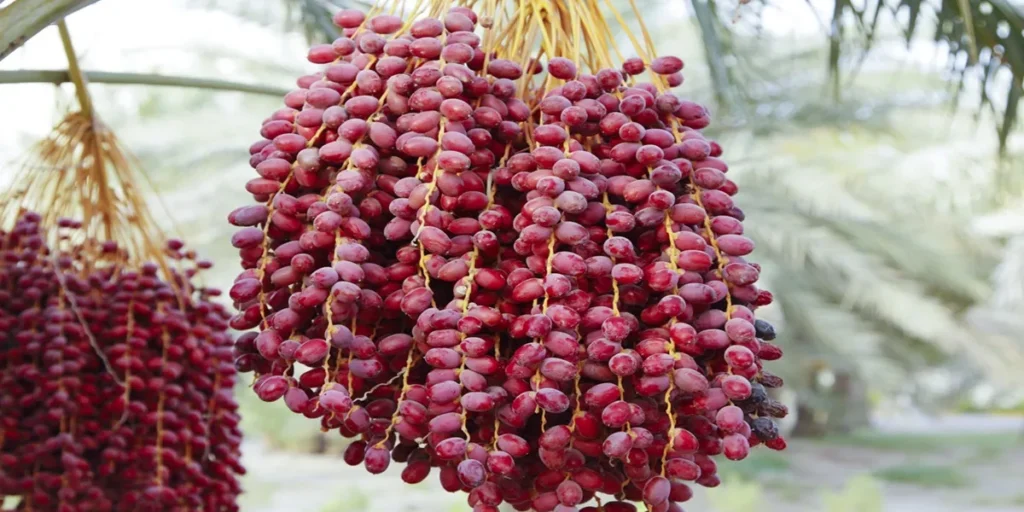
Logistics & Shipping Know-How: Sea Freight vs Air for Date Products
Choosing the right shipping method for date products depends on factors like cost, speed, and product sensitivity. Sea freight is cost-effective for large volumes but has longer transit times, making it suitable for less perishable dates. Air freight offers faster delivery, ideal for fresh or high-value dates, but at a higher cost. Understanding the trade-offs between these options helps in making informed decisions that balance budget constraints with product quality and customer expectations.
Trusted Regions for Iranian Date Suppliers: Where to Source with Confidence
Iran boasts several regions renowned for high-quality date production. Bam in Kerman province is famous for Mazafati dates, known for their rich taste and soft texture. Hormozgan province produces Piarom dates, appreciated for their unique flavor and low sugar content. Khuzestan is known for Sayer dates, which are semi-dry and ideal for export due to their long shelf life. Sourcing from these regions ensures access to premium dates cultivated under optimal conditions. 
Working with Export Agents vs Direct Producers: Pros and Cons
Deciding between engaging export agents or dealing directly with producers involves weighing various factors. Export agents offer convenience, handling logistics and documentation, which is beneficial for new importers. However, this may come at a higher cost and less control over product specifics. Direct dealings with producers can lead to cost savings and better customization but require more effort in managing logistics and ensuring compliance. Assessing your business’s capacity and needs will guide the optimal choice. 
Questions Every Buyer Should Ask Before Signing a Contract
Before entering into a contract with a date supplier, it’s vital to ask pertinent questions:
- What are the payment terms and conditions?
- What is the lead time for order fulfillment?
- Are there quality assurance and return policies in place?
- Can you provide references from previous clients?
- What certifications do you hold (e.g., ISO, HACCP)?
- How do you handle logistics and shipping?
- What are the terms for contract termination or modification?
These questions help in understanding the supplier’s reliability, ensuring transparency, and setting clear expectations, thereby fostering a trustworthy business relationship.
Iranian Dates: Nature’s Sweetest Way to Nourish and Energize
Iranian dates are more than just a delicacy — they are a testament to the power of nature, tradition, and nutrition working in harmony. With varieties like Mazafati, Piarom, and Sayer offering unique textures and flavors, consumers can enjoy dates in countless ways — from snacking and baking to blending in smoothies and health bars.
What sets Iranian dates apart is their rich content of potassium, iron, and natural sugars that support digestion, improve energy levels, and help regulate blood pressure. Their antioxidant profile also contributes to reduced inflammation and better overall wellness.
Whether you’re sourcing for retail, wellness markets, or just looking to enrich your diet with a natural superfruit, Iranian dates provide a nutrient-dense, plant-based solution. They are versatile, shelf-stable, and align perfectly with today’s health trends.
Explore them. Taste them. Benefit from them. Iranian dates are not just food — they’re functional nutrition, cultivated by centuries of expertise.

